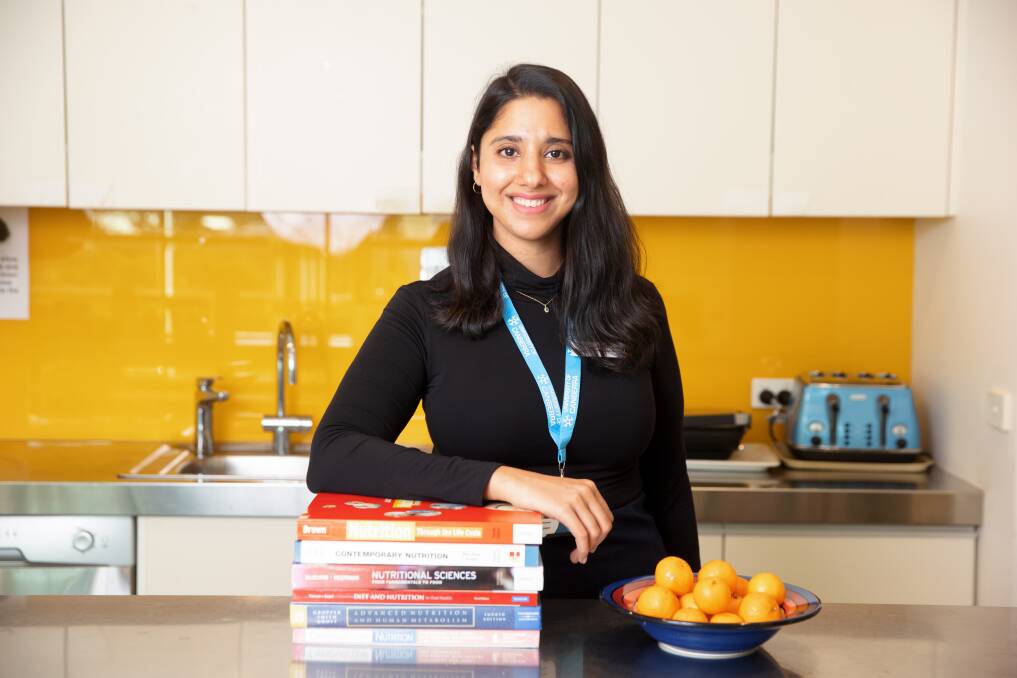
The onus to become fit and healthy before pregnancy predominately falls on women, but Canberra researchers are pushing for the attention to be shifted to prospective fathers.
Subscribe now for unlimited access.
$0/
(min cost $0)
or signup to continue reading
University of Canberra researcher Dr Sundus Nizamani said there was ample evidence to show that men's and women's health in the months prior to conception similarly impacted the health of their future children.
If men were both physically and psychologically healthy before they conceived a child, it could reduce their future children's chances of developing diseases later in life.
"[We have] labels on alcohol bottles about how [pregnant women] shouldn't consume alcohol, and all these vitamins and multivitamins being sold to women to help with healthy conception or healthy pregnancy," Dr Nizamani said.
"But the fathers don't really come into the picture in the health world until after a child is already born."
Dr Nizamani is doing a PhD on the topic, with the end goal being to develop a program that helps couples to become "metabolically healthy" before they conceived a child.
She was seeking at least 10 Canberra couples who were looking to conceive in the next two years, to share their thoughts about what they'd want in such a program.
"Every year the health budget increases, but we're still unable to keep up with the pace of how some diseases are increasing," Dr Nizamani said.
"If we can do this, then 40 years from now we will have [a healthier generation],"
One of Dr Nizamani's supervisors, Professor Shawn Somerset, said the world's population would soon exceed eight billion people, and the health sector needed to maximise "the chances of the next generation in terms of chronic disease risk".
READ MORE:
He said it was crucial that Dr Nizamani ask couples what they'd like to see in a program geared towards prospective parents' health, given it was difficult to tap into the demographic of couples who weren't already expecting.
"People are well and, usually, they don't think about health until there's a major [Covid] outbreak in Melbourne, for example," Prof Somerset said.
"That epitomises the issue, people don't think about prevention until there's a big problem ... so we're trying to capture this group and find out what might work."
If Canberra couples wanted to get involved in the project, they could email Dr Nizamani at: Sundus.Nizamani@canberra.edu.au.
Our journalists work hard to provide local, up-to-date news to the community. This is how you can continue to access our trusted content:
- Bookmark canberratimes.com.au
- Download our app
- Make sure you are signed up for our breaking and regular headlines newsletters
- Follow us on Twitter
- Follow us on Instagram


